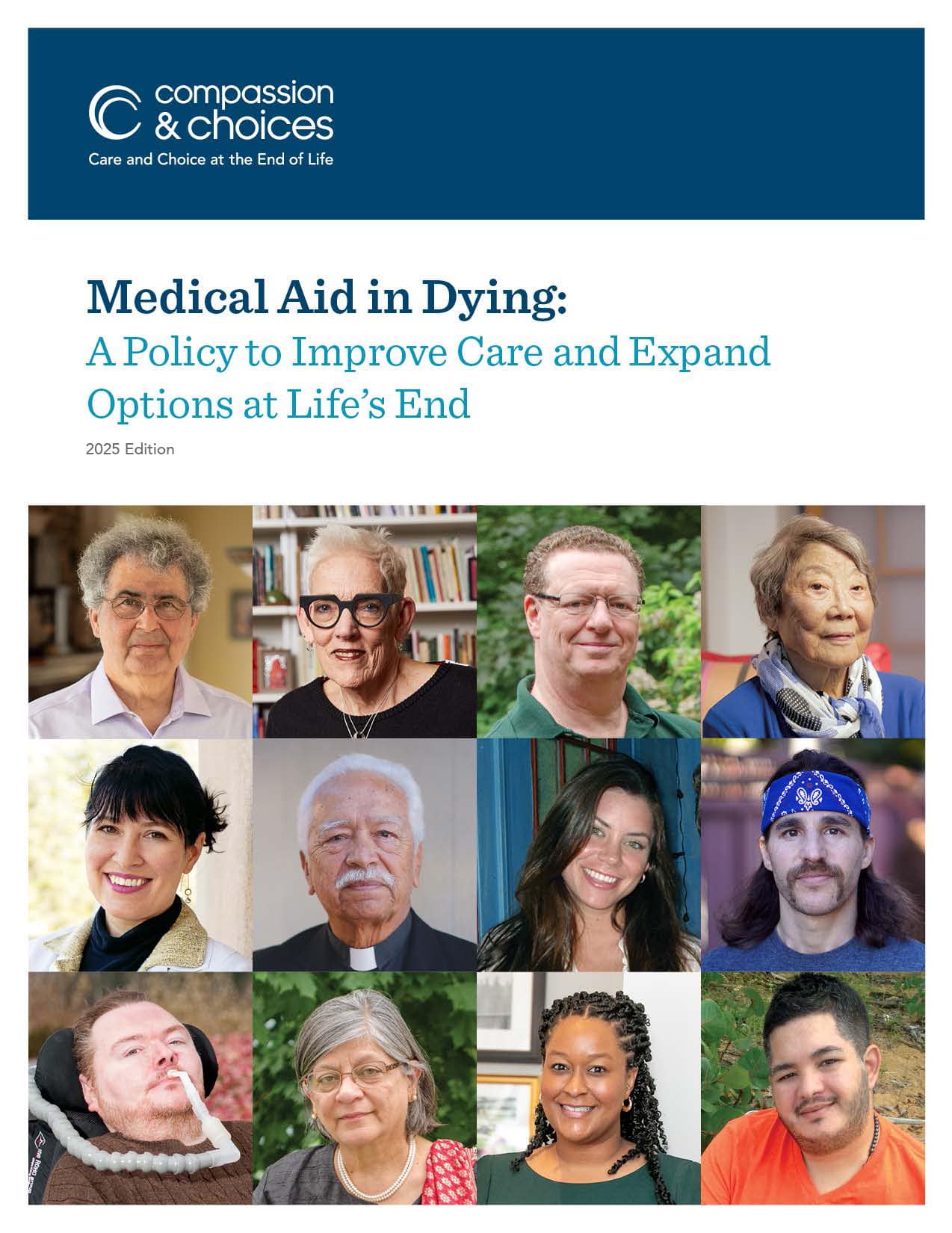
When crafting medical aid-in-dying legislation, lawmakers have nearly three decades of data and experience from authorized jurisdictions to guide them. This includes robust research, patient perspectives, and insights from healthcare providers. Medical aid in dying allows terminally ill, mentally capable adults with a prognosis of six months or less to request a prescription for medication they can self-administer to peacefully end their suffering.
With nearly 30 years of data from Oregon and 10 additional jurisdictions, the outcomes of authorizing medical aid in dying are well-documented. The evidence is clear: this practice protects patients, upholds individual autonomy, and improves the quality of end-of-life care. Moreover, medical aid in dying has consistently enjoyed broad public support. More than seven in ten people support this compassionate option, with majority support across virtually every U.S. demographic group. A 2021 national survey found that voters are more likely to support State Legislature candidates who champion medical aid-in-dying legislation.






